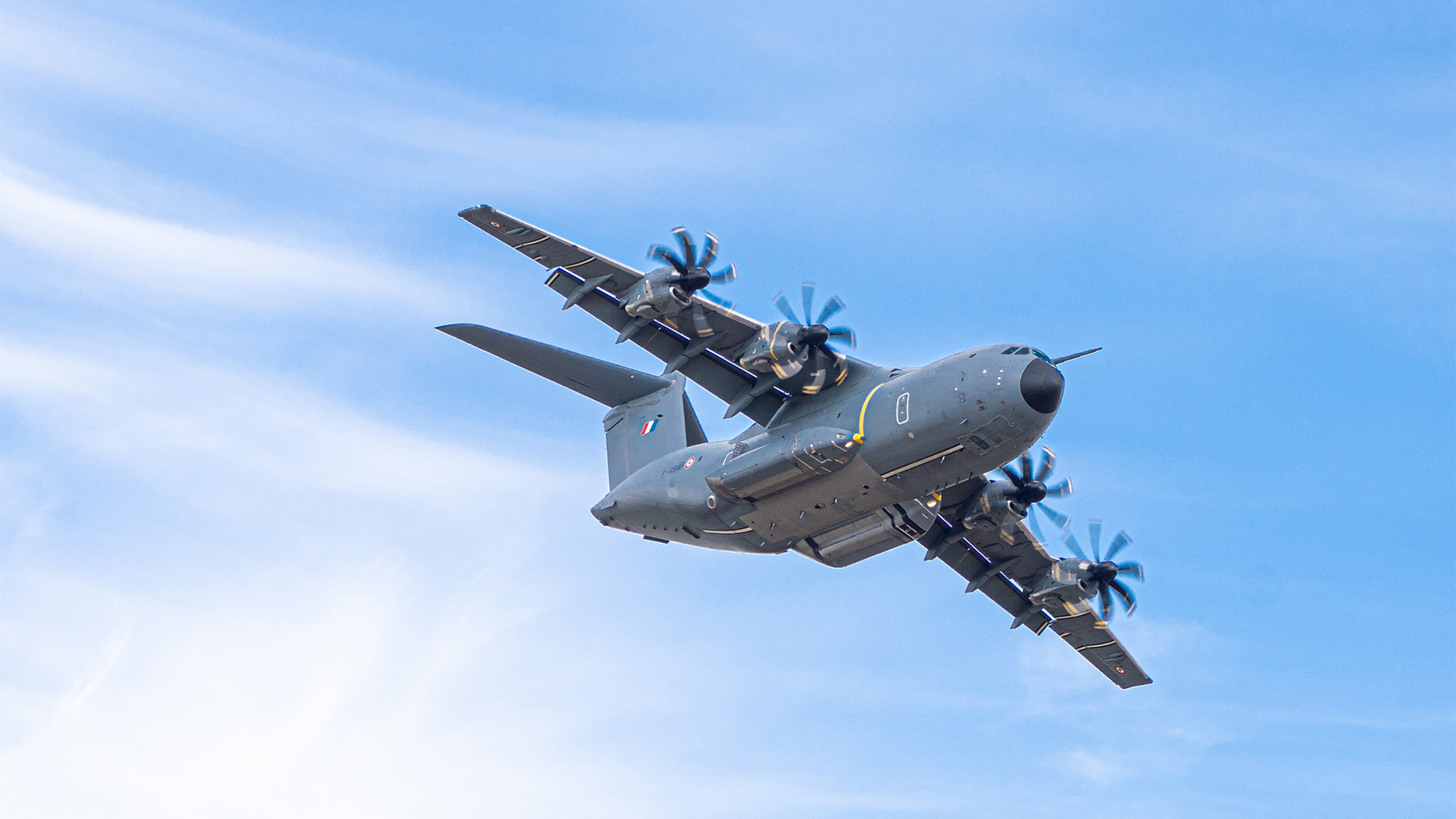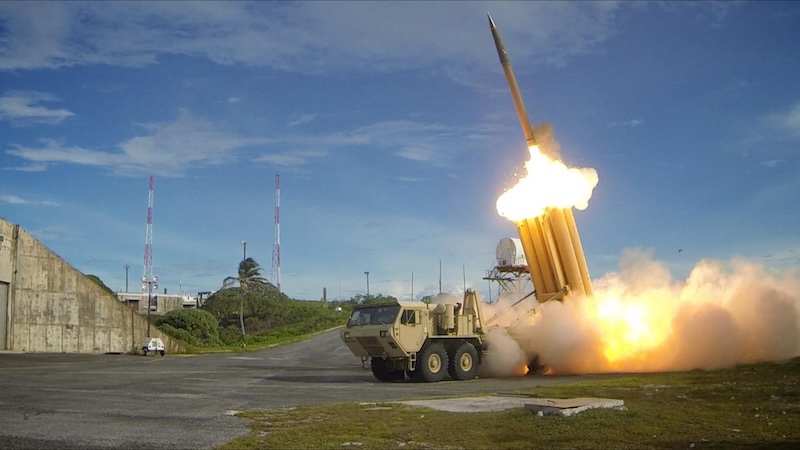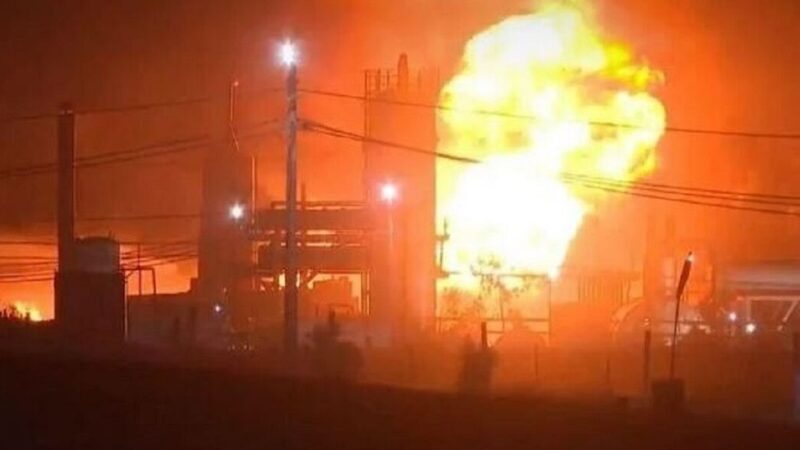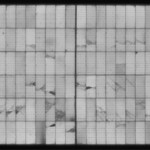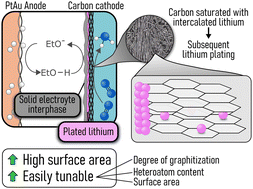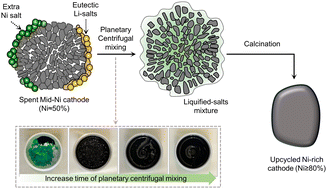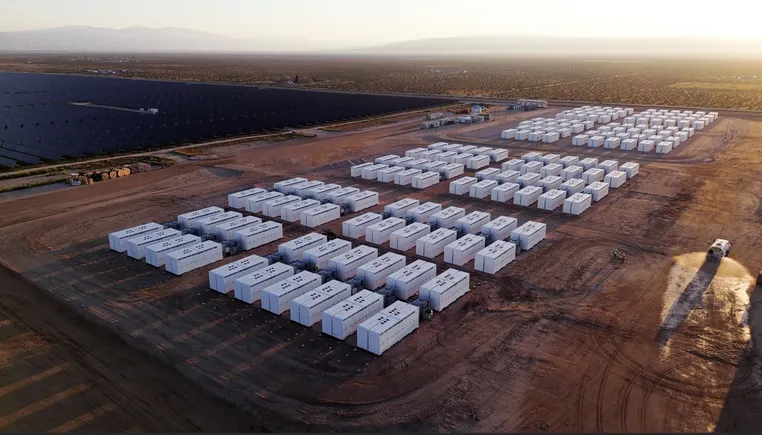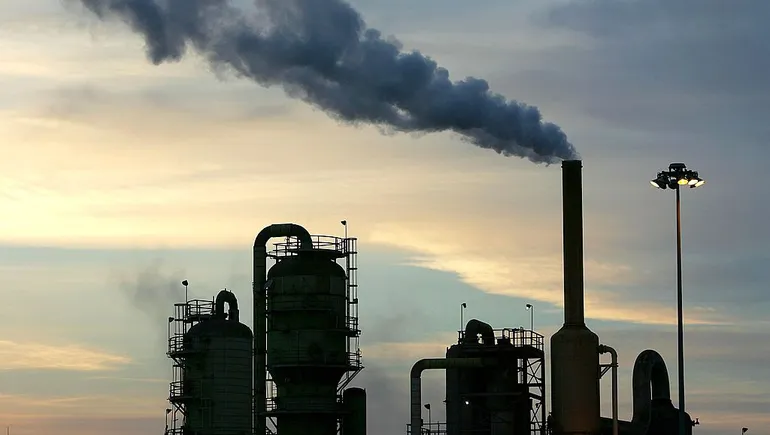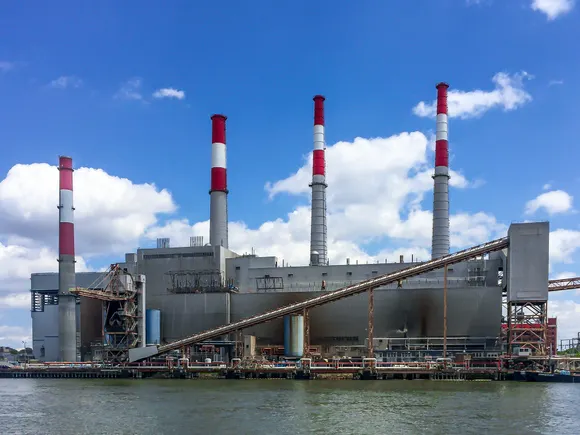Under-Hyped and Overdelivering, This French Wine Region Showcases Rare Grapes
Savoie’s wines may not dominate headlines or command astronomical prices, but they offer something rare in the modern wine world: honesty, freshness and a tangible sense of place. [...] Read More... The post Under-Hyped and Overdelivering, This French Wine Region Showcases Rare Grapes appeared first on Wine Enthusiast.
There’s a place where the air bites back, where vineyards claw at stone and snow and where the winemakers don’t beg for praise—they earn it with dirt under their nails. Savoie, that nearly forgotten Alpine shard tucked between France and the cold sky, doesn’t enjoy the reputation of neighboring Rhône Valley or the hype of Jura. However, it is becoming one of the most authentic French regions for winemaking.
This isn’t your postcard France. The ski resorts might sparkle, but down in the vineyards, it’s pure grit. The vines grow on the bones of the Alps—limestone terraces, glacial rubble and slate. Here the cold, crystalline air hones freshness, and steep slopes force vines to dig deep. They suffer here, and it shows in the best possible way.
The region’s viticulture is uniquely adapted to these challenges, producing vibrant whites and spicy reds, amongst tasty sparklers and brisk rosés, that reflect the Alpine environment. Savoie is also a sanctuary for rare and almost-forgotten grapes, revived today by passionate winemakers embracing their heritage.
Here are five grapes that tell this story best—each one a key to the soul of the French Alps.

Altesse
If you could drink light filtered through snow, it might taste like Altesse. Also known as Roussette, this grape is an Alpine study in elegance. It lives on sun-lashed slopes that overlook lakes and mountain passes—lands soaked in sun but cooled by wind and altitude.
In the glass, it gives you Alpine flowers, ripe pear and crushed stone. The wines are medium-bodied but coiled tight with acidity—like a dancer mid-spin. The finish is where it sings: all minerality, flint and the echo of mountain water trickling over rocks.
Give it time and it unfolds with almond and hazelnut, maybe a touch of beeswax. The appellations Roussette de Savoie and Roussette de Bugey often showcase Altesse’s fullest expression, representing some of the region’s most refined white wines.

Jacquère
Jacquère is arguably the most emblematic grape of Savoie, planting the flag for crisp, easy-drinking white wines made to match the region’s rustic cuisine and outdoor lifestyle. It accounts for almost half of all grapes in the region.
It is the backbone of Savoie’s breezy whites, poured after a hike or alongside molten tartiflette or Alpine cheese. It ripens slowly, retaining its razor-wire acidity. In the glass, expect green apple, lemon pith and something herbal, like crushed mountain grass.
Jacquère grapes grow abundantly across the region, often in cooler, higher-altitude vineyards where the slow ripening helps retain bright acidity. It’s light, low-alcohol and dismissively fresh. Some call it simple, but that’s like calling a glacial spring “just water.”

Mondeuse
If Pinot Noir had a tough, chain-smoking cousin who lived off the grid and chopped his own firewood, it’d be Mondeuse.
This red is dark, peppery and laced with wildness. Grown on granite and schist, it makes wines with blood and brawn—think blackberries, violet and cracked pepper. The acidity is a knife-edge; the tannins, firm but fair.
Once dismissed as rustic, Mondeuse is now finding its moment thanks to low-intervention winemakers who let it speak clearly. It ages well too, shedding its brawn for something earthy, complex and just slightly savage. It’s the wine you drink with roast game next to a fireplace when there’s a blizzard outside, or slightly chilled with summer barbecue—hey, it’s got range.

Gringet
Gringet is barely there, and that’s the point. This white grape grows exclusively in the Aravis Mountains near Ayze, and only a few producers still work with it. It’s the ghost of Savoie past made famous by the late Dominique Belluard.
What it lacks in quantity, it makes up for in charm. Expect citrus peel, green apple, fresh-cut herbs and always that Alpine minerality, like licking wet granite. Some winemakers coax bubbles out of it through traditional method sparkling wine techniques, resulting in crystalline, nervy bubblies that feel like sipping mountain fog.
Gringet is a discovery for adventurous palates, with a cult following. It offers a style that balances precision with expressive aromatics, perfectly suited to seafood and light Alpine fare.

Roussanne
Known locally as Bergeron, Roussanne is better known as a Rhône Valley star. However, it has quietly carved out a niche in Savoie’s warmer, south-facing slopes—especially around the village of Chignin, where it’s bottled under the name Chignin-Bergeron. Here, the grape sheds some of its Rhône weight but keeps its golden touch, offering richness without losing its mountain-bred edge.
Savoie Roussanne typically exhibits floral aromas, ripe stone fruit and a honeyed nuance that softens the sharper edges of its Alpine peers. In the best examples—often single-varietal wines from Chignin-Bergeron—Roussanne develops a plush, almost waxy texture with notes of apricot, verbena and roasted nuts. It’s velvet in a windbreakerjacket: refined, but built for the terrain.
Revival of the Fittest
Beyond these five, Savoie’s vineyards are dotted with other fascinating grapes like Douce Noir (a k a Bonarda), Persan and Mondeuse Blanche, each contributing threads to the rich tapestry of Alpine viticulture. These native varieties, often planted on challenging slopes and harvested by hand, are a living testament to the region’s dedication to authenticity and terroir.
Savoie’s wines may not dominate headlines or command astronomical prices, but they offer something rare in the modern wine world: honesty, freshness and a tangible sense of place. For those ready to explore beyond the usual suspects, Savoie promises a mountain journey through the rare and rewarding grapes that define its vinous identity.
More French Wine Coverage:
- These top-rated bottles show off the opulence of Alsatian Pinot Gris.
- Get to know the under-the-radar world of grower Champagne.
- And by the way: Great Champagne doesn’t need to cost more than $100.
- Have Burgundy taste on a beer budget? These excellent Burgundy wines are actually affordable.
- Here’s everything you need to know about Bordeaux’s stellar white wines.

In the Shop
Organize and Display Your Wine in Style
Put an exceptional wine selection on display with decorative wine racks of every style, size, and placement for your home.
The post Under-Hyped and Overdelivering, This French Wine Region Showcases Rare Grapes appeared first on Wine Enthusiast.













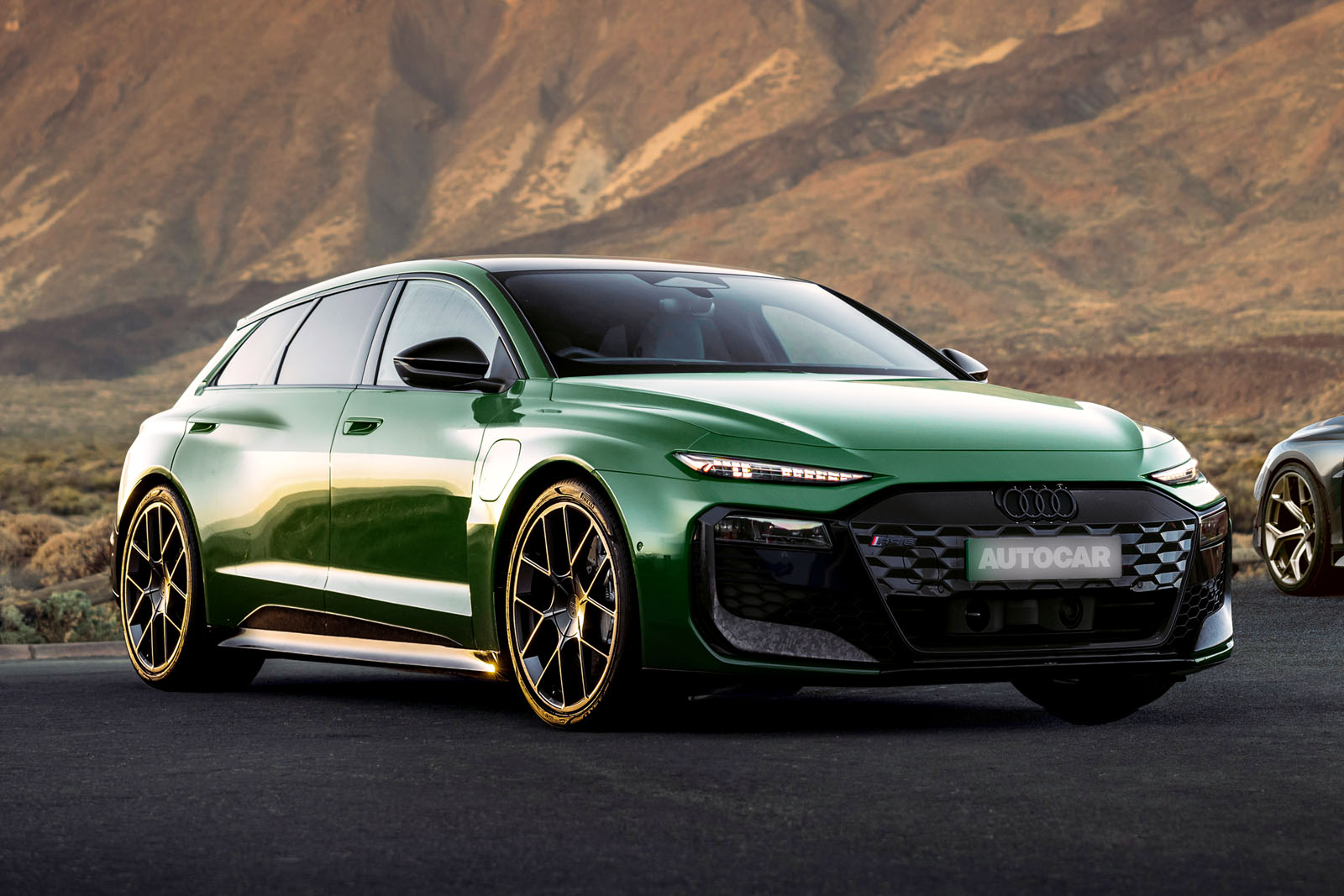












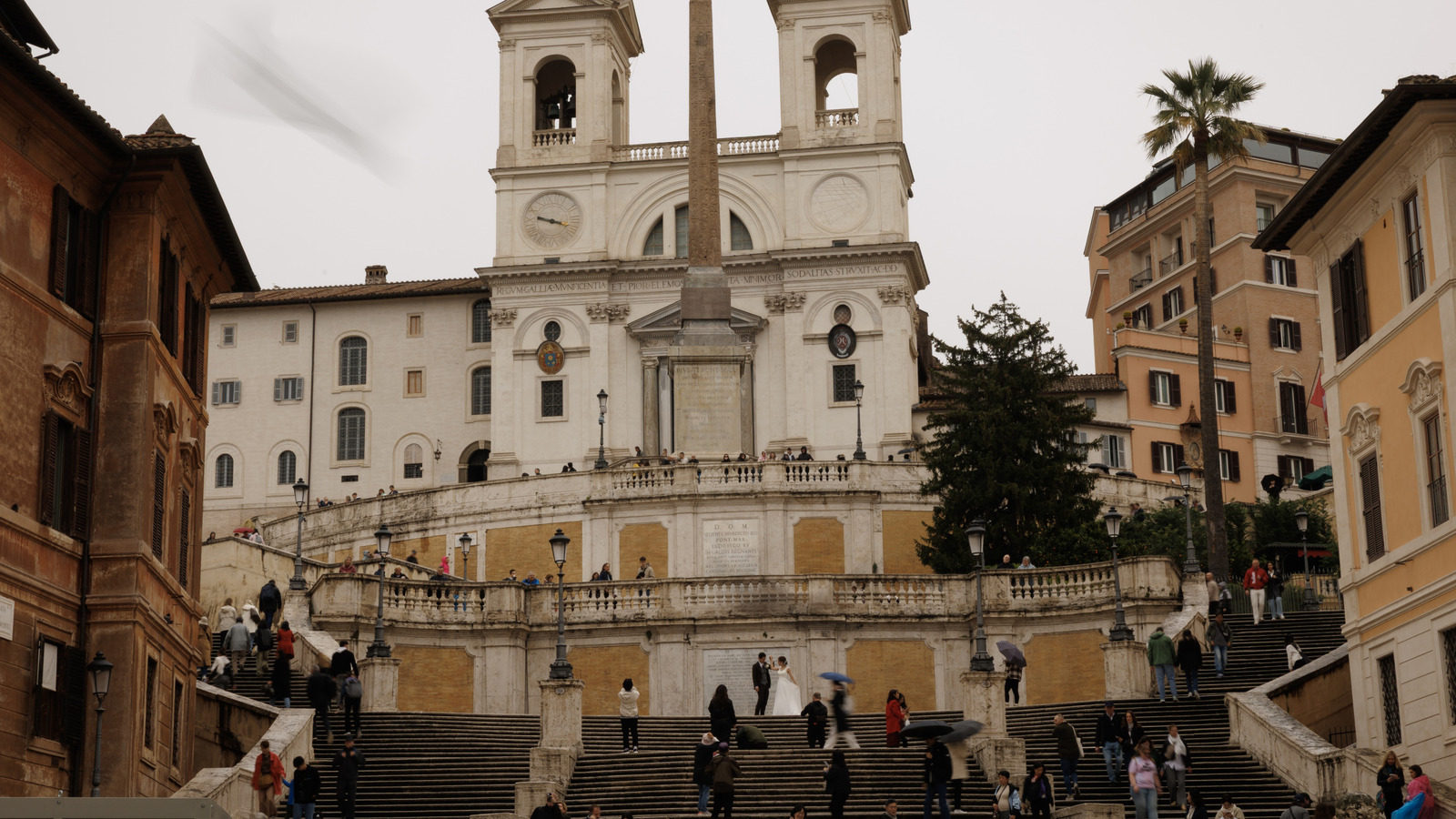

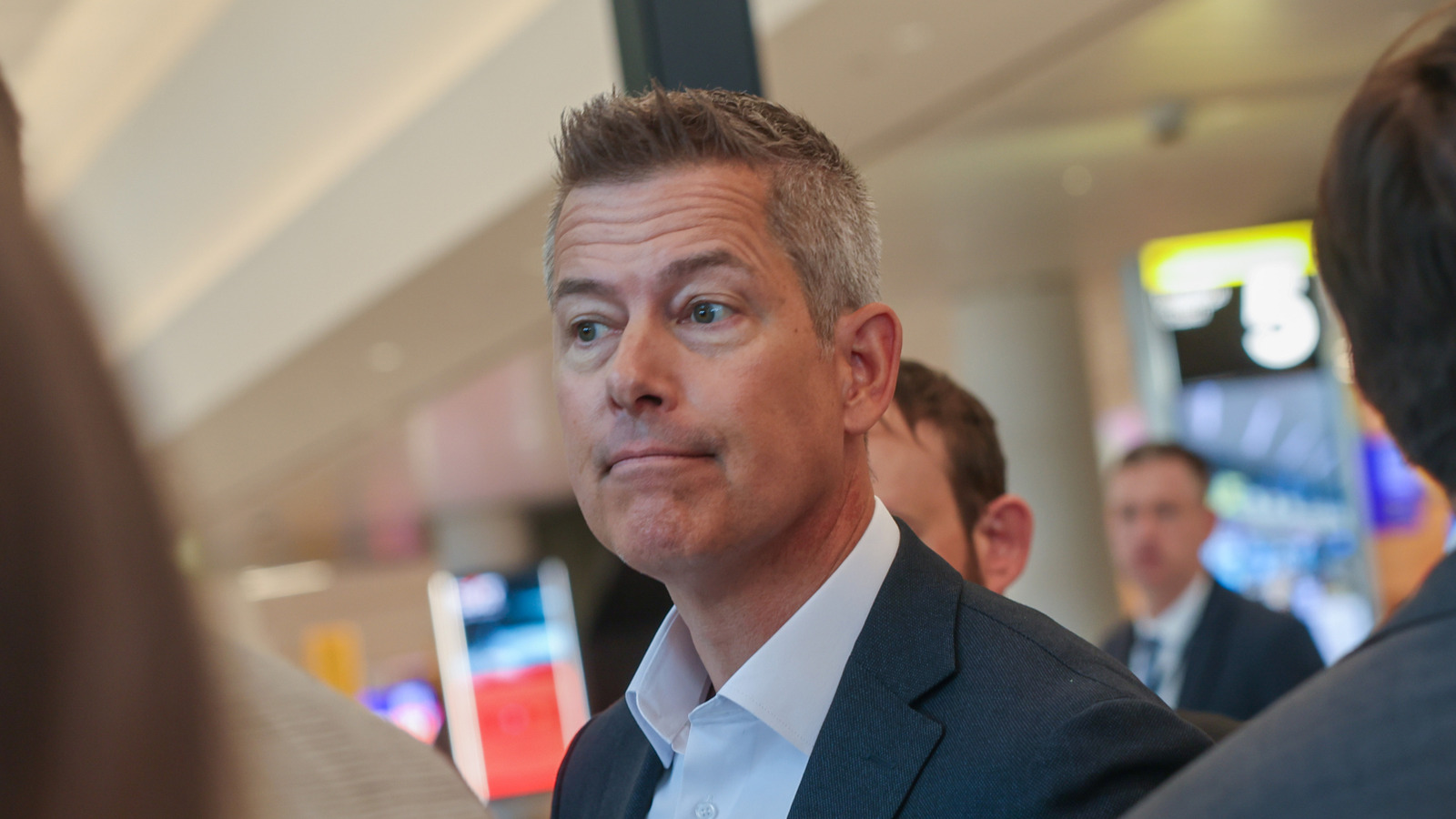















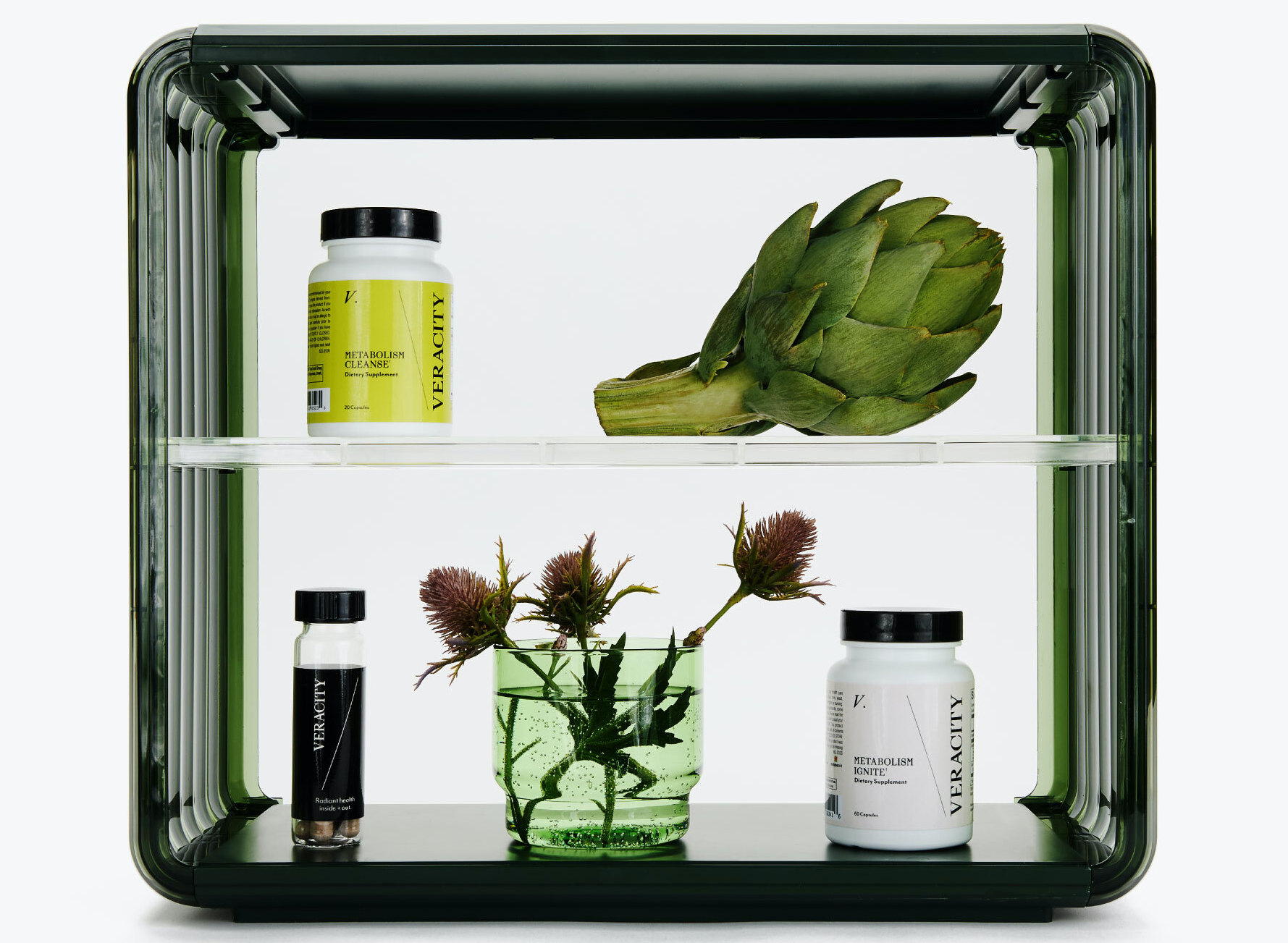
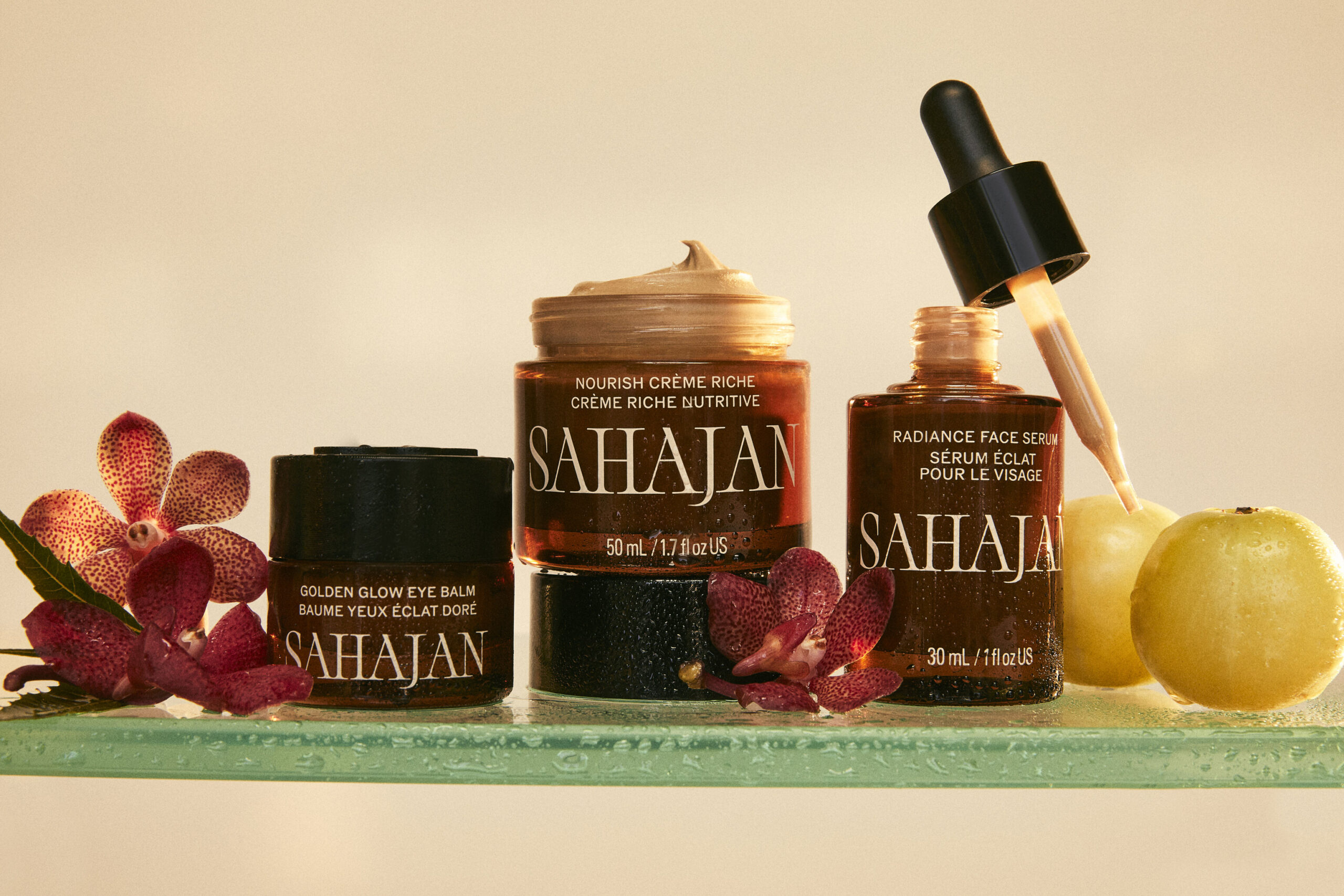







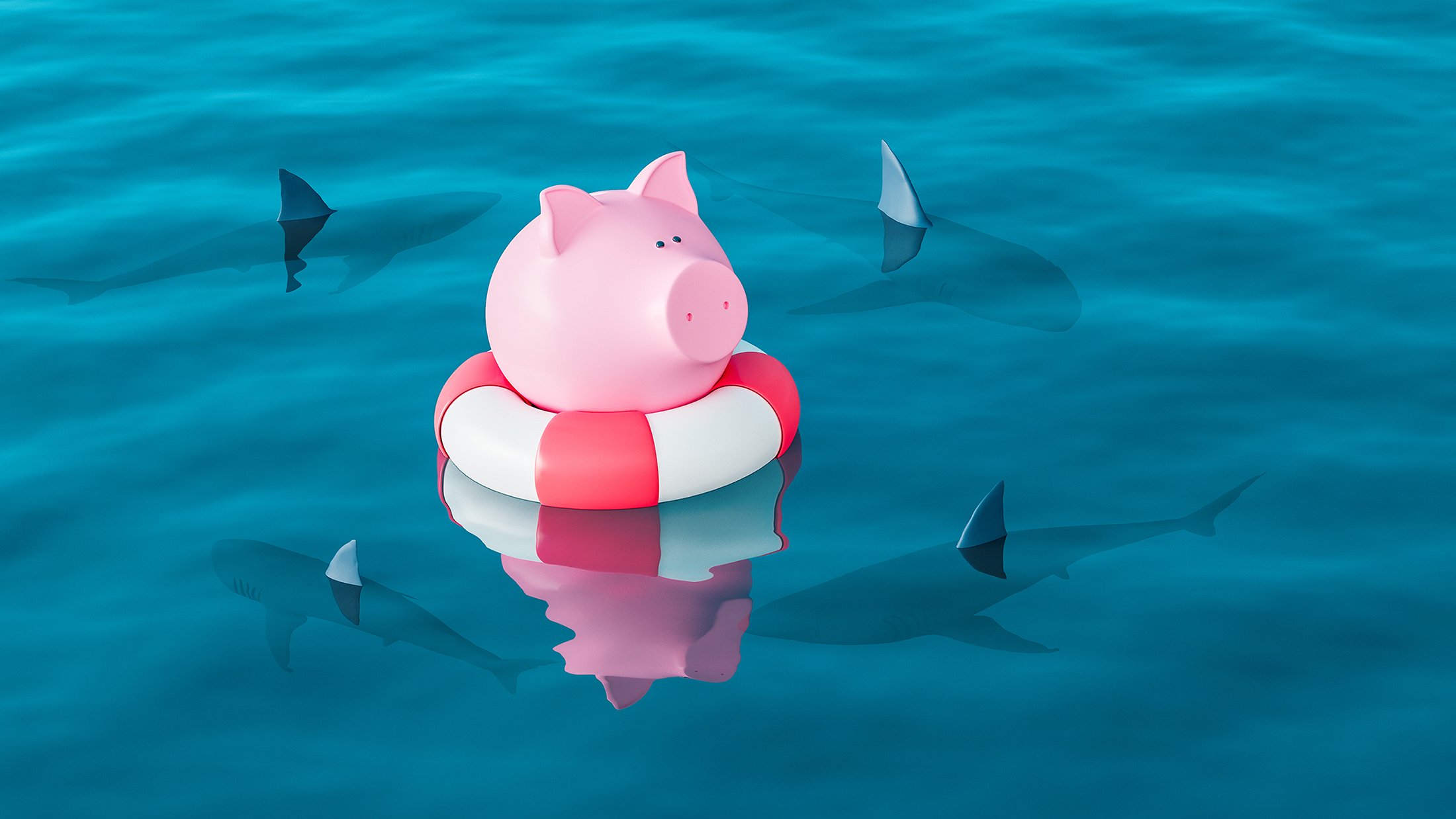

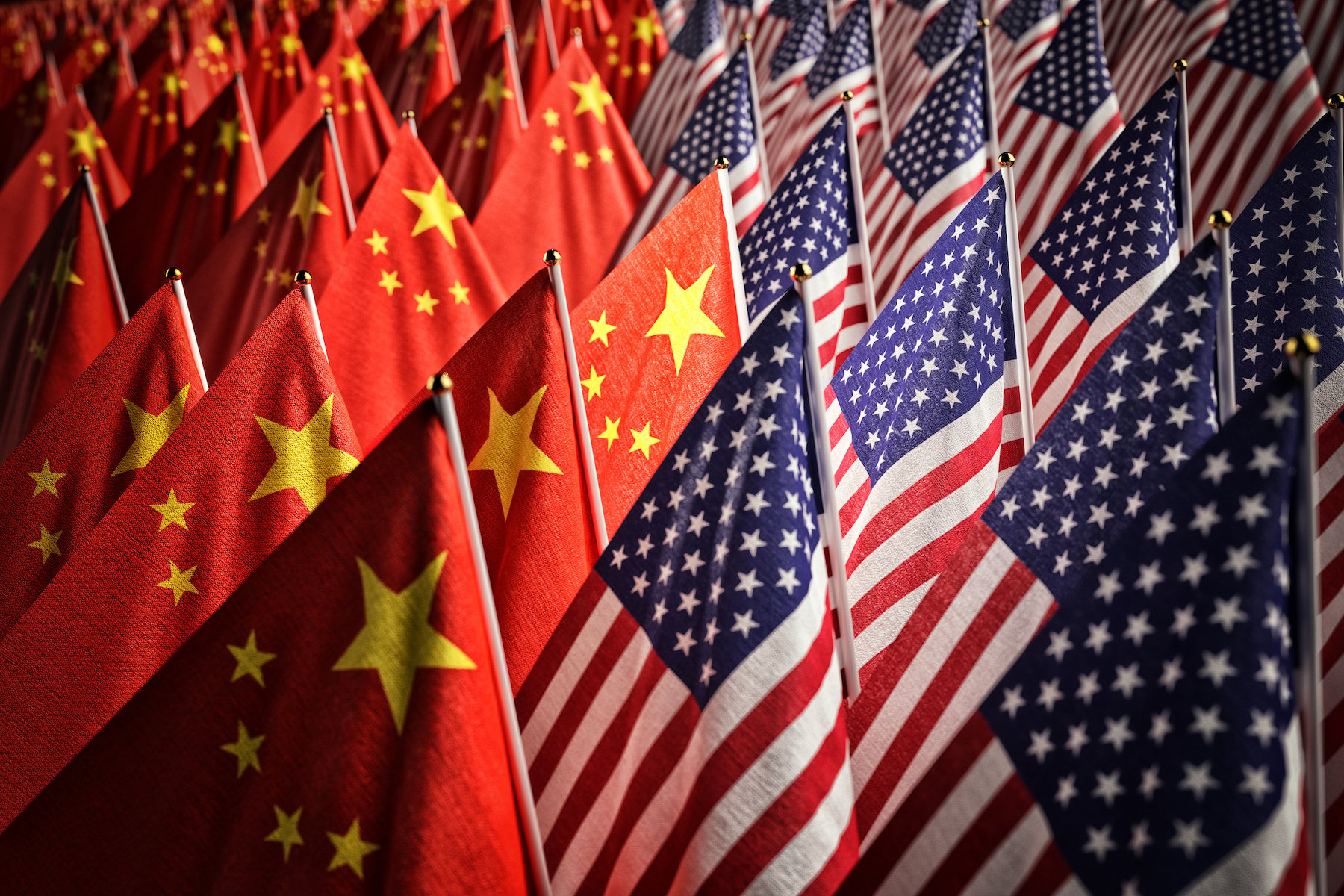


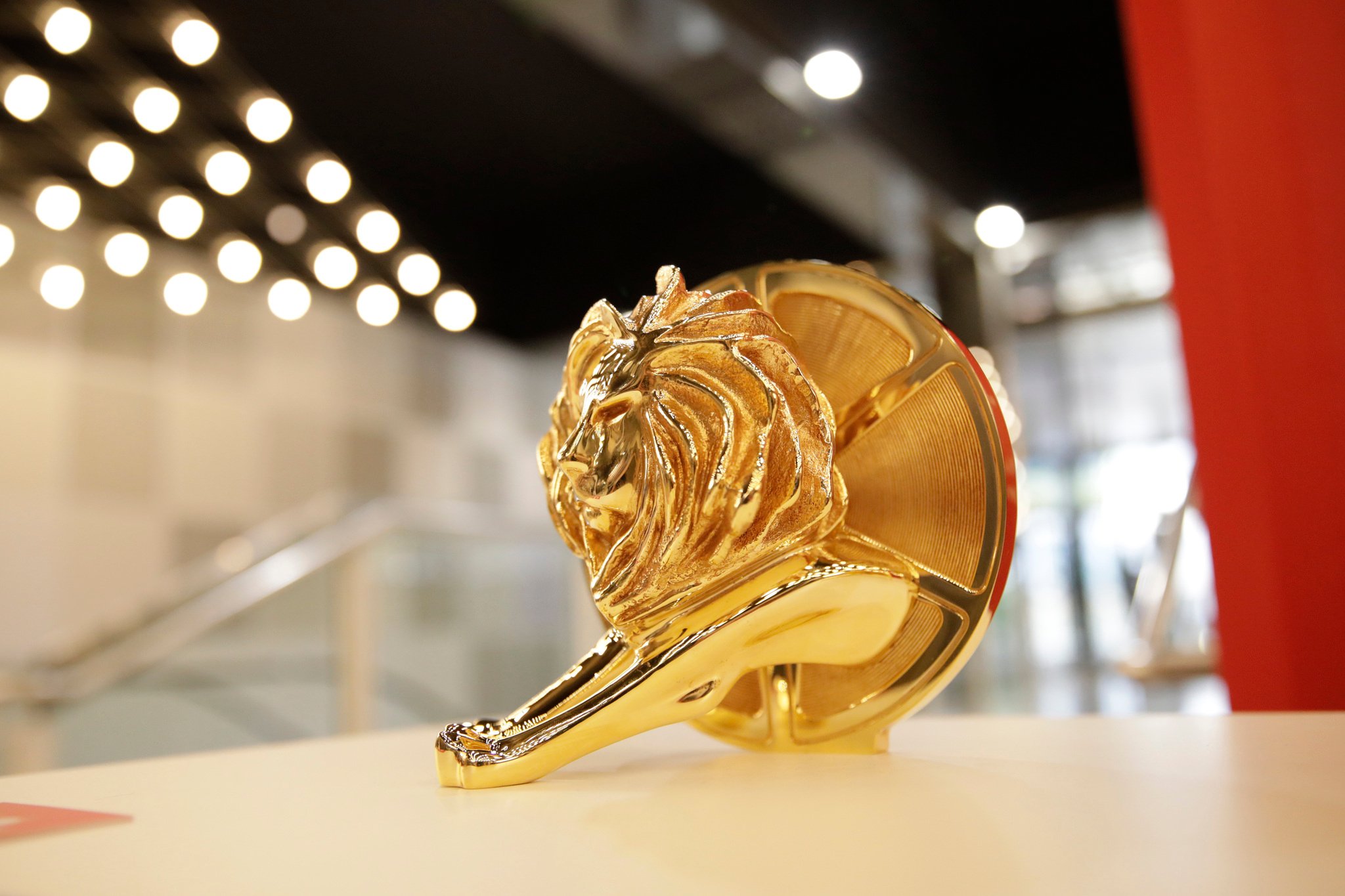

























![The sights of the Paris Air Show Day 2 [PHOTOS]](https://breakingdefense.com/wp-content/uploads/sites/3/2025/06/IMG_1837-scaled-e1750181568851.jpg?#)

![An FCAS fracas and Embraer’s European embrace: Paris Air Show Day 2 [Video]](https://breakingdefense.com/wp-content/uploads/sites/3/2025/06/IMG_3682-e1750159767304.jpg?#)
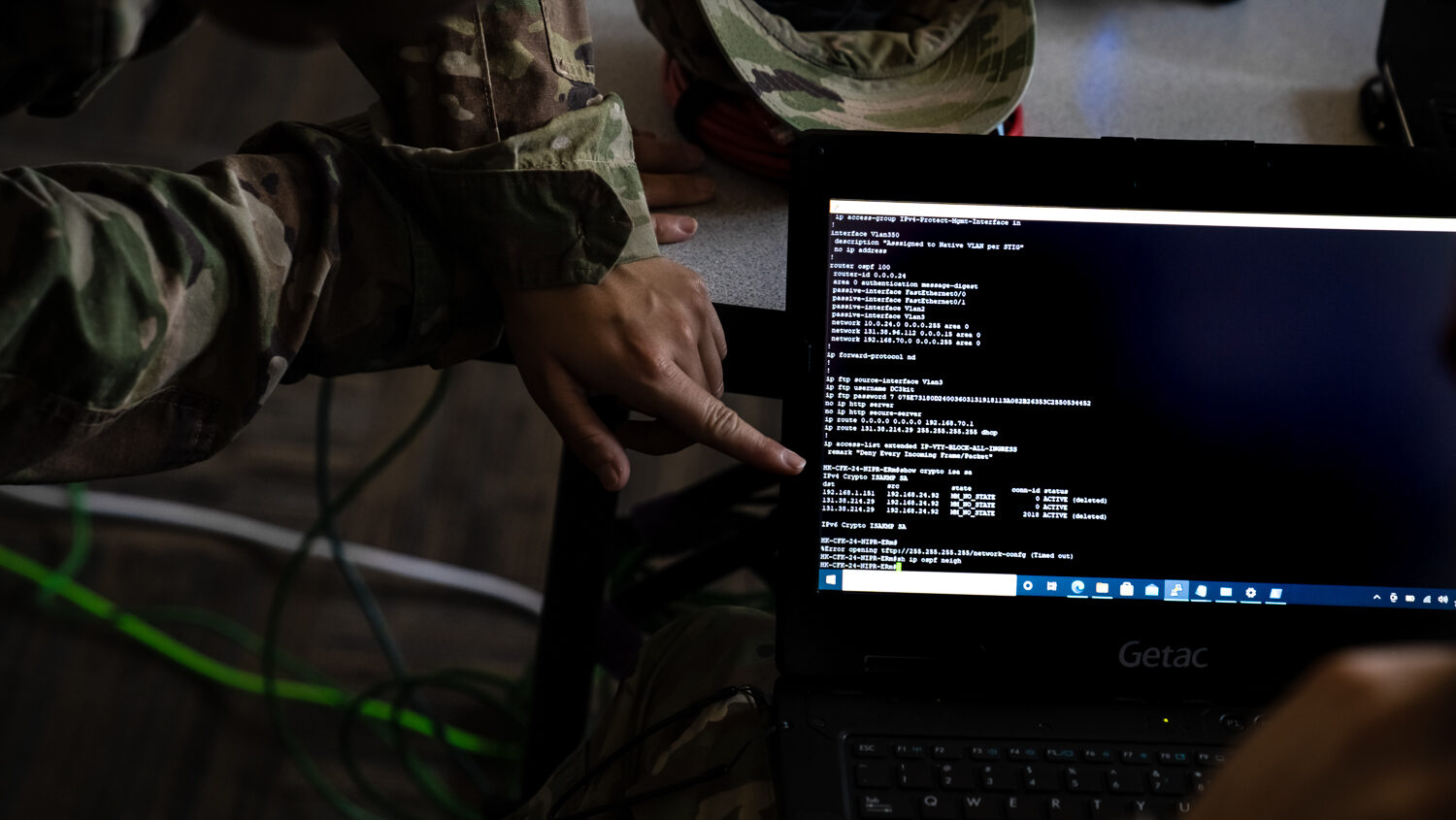











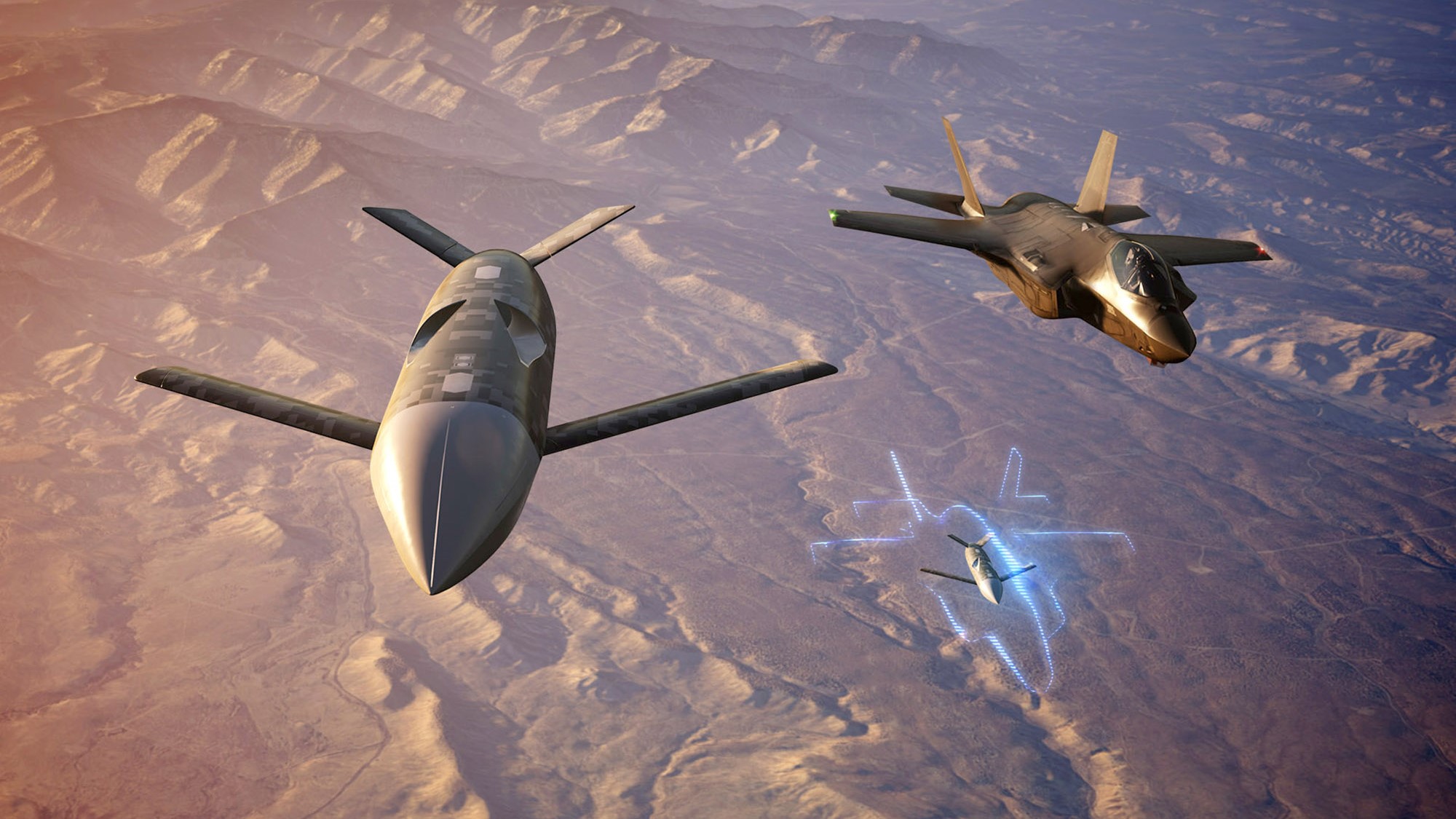
![[Updated] U.S. Air Force Mobilizes F-22s and F-35s as Situation in Middle East Escalates](https://theaviationist.com/wp-content/uploads/2025/06/F-22_F-35_CENTCOM-top.jpg)
